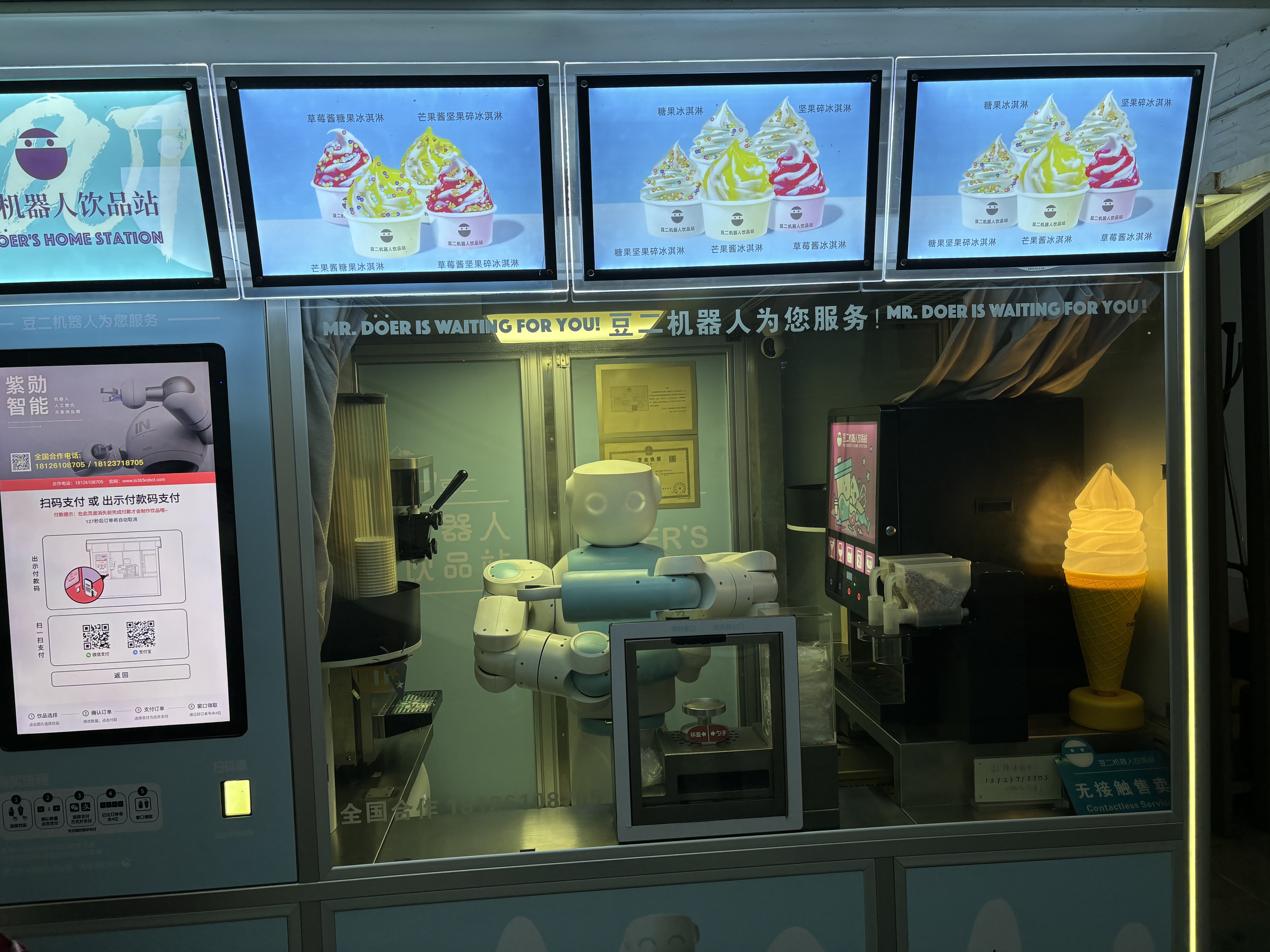MATT KIRSCHNER shares his story of moving to Shenzhen, China after graduating last year.
Stepping out of the packed Hong Kong airport into the vibrant chaos of the city, my glazed-over-eyes struggled to comprehend the bright neon lights, fast moving vehicles, and colorful advertisements. After flying for 17 hours, my feet dragged along the floor as if they had bowling balls attached. My dad and I clung tightly to each other as we ducked and weaved through throngs of people. A symphony of honking horns punctuated the air while we searched amidst the sea of vehicles for our driver’s elusive license plate.
Moving homes is always difficult, but moving countries is a true odyssey. My mom had always joked about moving back to China—especially amidst the US’s worsening political climate, a rise in anti-Asian hate, and a dearth of good Hubei-style Chinese food. When a premier science and technology university in Shenzhen (China’s Silicon Valley) offered her a professorship, my mom’s jokes quickly turned to reality. With my dad fully embracing retirement and myself fresh out of college with a job offer waiting in the wings, we embarked on this transcontinental journey, ready to embrace the opportunities and challenges that awaited us in our new home.
Having driven an hour from Hong Kong, my dad and I were excited to see my mom waiting for us outside our new rental apartment in Shenzhen. Unlike American apartments, Chinese apartments often feature clusters of buildings sharing a common garden area at the ground level. The communal gardens of our apartment included a pool, jogging paths, seating areas, ping pong tables, small playgrounds, and even exercise equipment. Children kicked around soccer balls, elders played mahjong, and a group of neighbors practiced their traditional Chinese instruments—a very different neighborhood from my suburban home in Bethesda, Maryland.
Before I could enter the apartment elevator, a facial scanner needed to recognize my face. I also needed to remember a passcode to unlock my apartment door. No key needed. The apartment itself was quaint, consisting of a living room, a kitchen, three small bedrooms, two bathrooms, and a balcony. Like most apartments in China, we have a washing machine but no dryer. We dry clothes on our balcony. From my bedroom window I saw rows of glass skyrises that are home to many of Shenzhen’s technology start-ups and companies. I also saw the elevated Shenzhen metro gliding through the urban landscape, framed by a backdrop of distant mountains.
I eventually left the apartment to wander through the bustling streets of my new neighborhood. I’ve learned from close calls to look before moving to either side of the sidewalk; failure could mean getting hit by a fast moving motor scooter. People and cars were constantly on the move. A plethora of restaurants beckoned to passersby. Giant mega malls stood as modern marvels, adorned with dazzling lights. One of these malls housed countless activities for children, including a small brightly lit train that chugged along, ferrying excited children through the labyrinth of shops.
Navigating China’s technology landscape was my biggest challenge. Almost no stores accepted cash. Without learning WeChat or Alipay, I worried that I may starve. Our first day after arriving, my dad’s Wechat didn’t work but the café owner was kind enough to go to a nearby bank for change. To order food I used the app MeiTuan and for navigation I used GaoDe. Food was always delivered within 30 minutes, at the latest. At restaurants I paid for and ordered food through QR codes on the tables. I had soon dedicated an entire section of my iPhone to apps I would only use in China. Until I could find a VPN that’s not yet been blocked by the Chinese government, I wouldn’t be able to access Google, Instagram, and many other American apps.
My transition to life in Shenzhen has undoubtedly been an eye-opening experience. I hope that the adjustment to the hustle and bustle of urban life have expanded my understanding of the world. I’m slowly discovering the value of embracing change and making a home in a different place, while bringing myself closer to a side of my heritage I didn’t grow up with. Going forward, I still hold apprehension about the unknown but also a sense of excitement about the prospect of starting anew in a new country.
My mother’s journey from immigrating to the USA to returning to China exemplifies the dynamic interplay of geopolitical change over the past several decades. Initially seeking opportunities in America, she navigated the complexities of immigration, hoping for a better future. Her decision to return to China reflects changing opportunities. As I witness firsthand the rapid transformations in Shenzhen, from cultural shifts to technological advancements, I am reminded that the changes I experience in my own life barely scratch the surface of the profound shifts my mom has experienced over the past 40 years. China serves as a microcosm of the broader changes reshaping our interconnected global landscape, underscoring the importance of adaptability in navigating an ever-evolving world.
Matt Kirschner graduated from Yale College in December, 2023 and is currently residing in Shenzhen, China.

